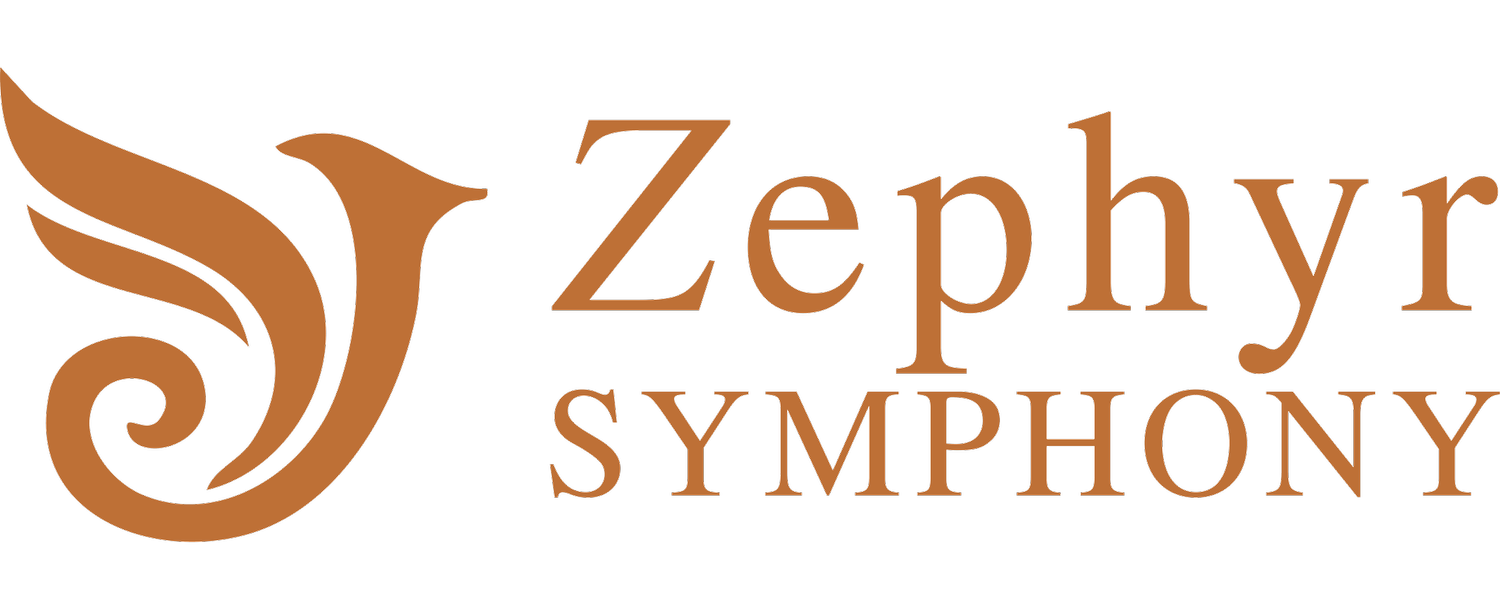Should You Stand for the “Hallelujah” Chorus?
A Friendly Guide
Few moments in concert life spark more whispered debate than the first bars of Handel’s “Hallelujah.” Do you stand? Do you stay seated? Is there a right answer?
Short answer: there isn’t one—and that’s okay. Here’s the context, the etiquette, and how we handle it at Zephyr Symphony.
Where did the tradition come from?
The custom is often traced to a famous story: during an early London performance of Messiah, King George II supposedly stood at “Hallelujah,” and—as protocol dictated—the audience followed. It’s a great tale, but historians point out that the Dublin premiere was the year before, and written accounts of George’s supposed standing appear only decades later. In other words: the origin is likely more legend than law.
What is true is that audiences have been standing for generations—in reverence, in excitement, or simply as a shared ritual that signals “this is the moment.”
Stand? Sit? The case for both
Reasons people stand
Tradition and shared excitement—there’s a genuine “goosebumps together” feeling.
A way to honor the music and its message.
A reset of energy before the finale of Part II.
Reasons people stay seated
Accessibility and comfort—standing isn’t possible or comfortable for everyone.
Sightlines—standing can block the view of neighbors who remain seated.
Modern concert etiquette—no obligation exists to stand at any point unless cued.
Both choices are respectful when done with awareness of the people around you.
Zephyr Symphony’s approach for Dec 21
At our December 21 performance of Messiah at St. Mark’s Lutheran Church (San Francisco), you’re welcome to stand or remain seated during the “Hallelujah” chorus. There’s no pressure either way.
Our simple request: follow the conductor’s cue for music-making, and be mindful of neighbors’ views and comfort. If you choose to stand, do so calmly and promptly; if you remain seated, that’s equally welcome.
(However, this is not a sing-along performance: please enjoy listening rather than singing.)
If you decide to stand: quick etiquette
Be smooth: Rise quickly and quietly at the opening bars; sit promptly when the movement ends.
Mind the sightlines: If you’re tall and notice those behind you remain seated, consider a slight step closer to your seat back to reduce obstruction.
Hold the applause: Save it for the conductor’s cue—usually after the movement concludes.
FAQ
Is standing required?
No. It’s a tradition, not a rule.
Will ushers cue us?
We won’t instruct you to stand. Follow your preference and the room’s natural flow.
Can I sing along?
Not at this performance. Sing-along Messiah events are a different format (and lots of fun, too!).
Bottom line
Standing for “Hallelujah” is a beautiful tradition—but it’s optional. Choose what helps you listen best and respect those around you. Whether seated or standing, you’re part of the music.
We can’t wait to share Messiah with you this December—comfort, joy, and that unforgettable chorus.
